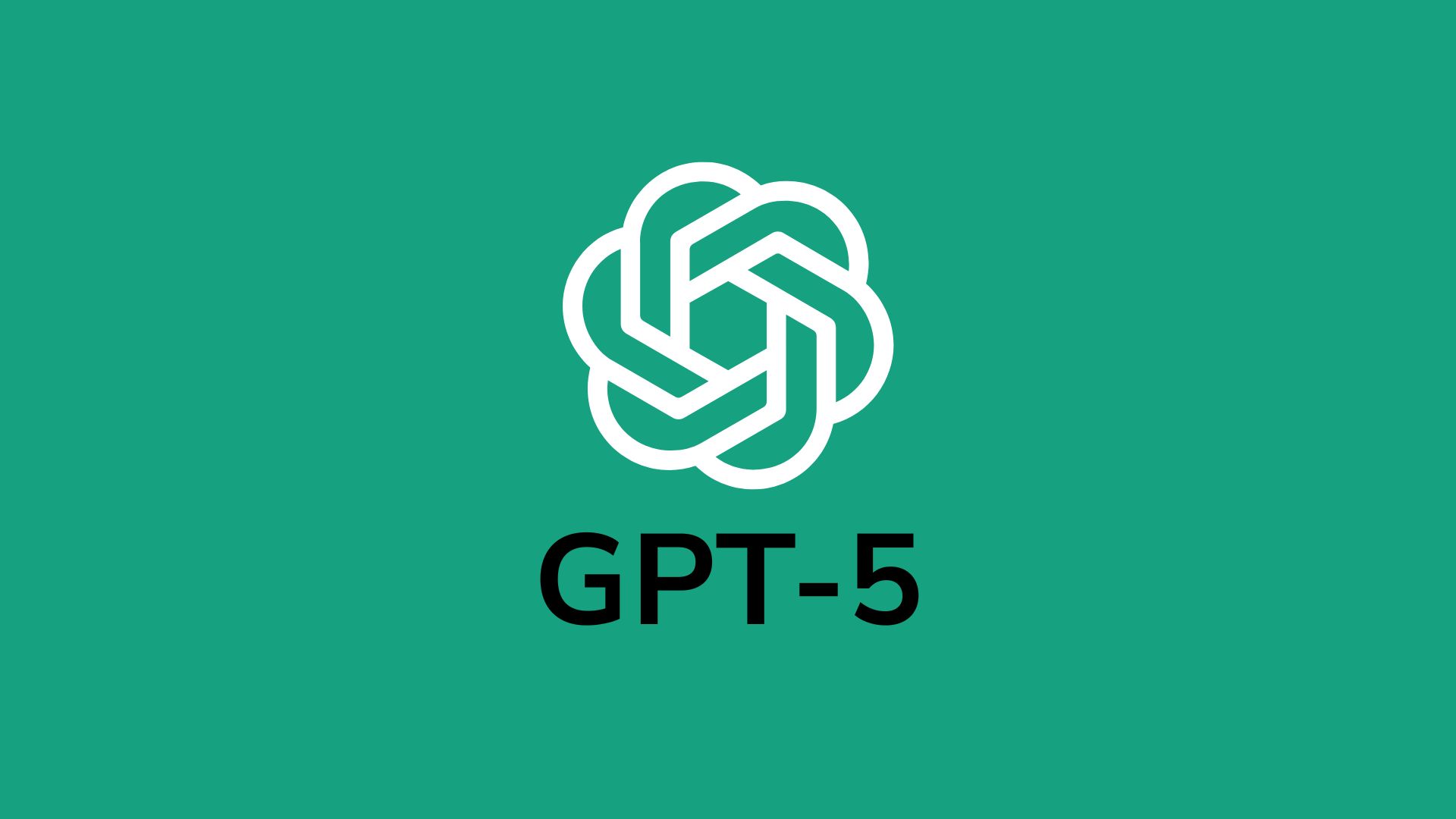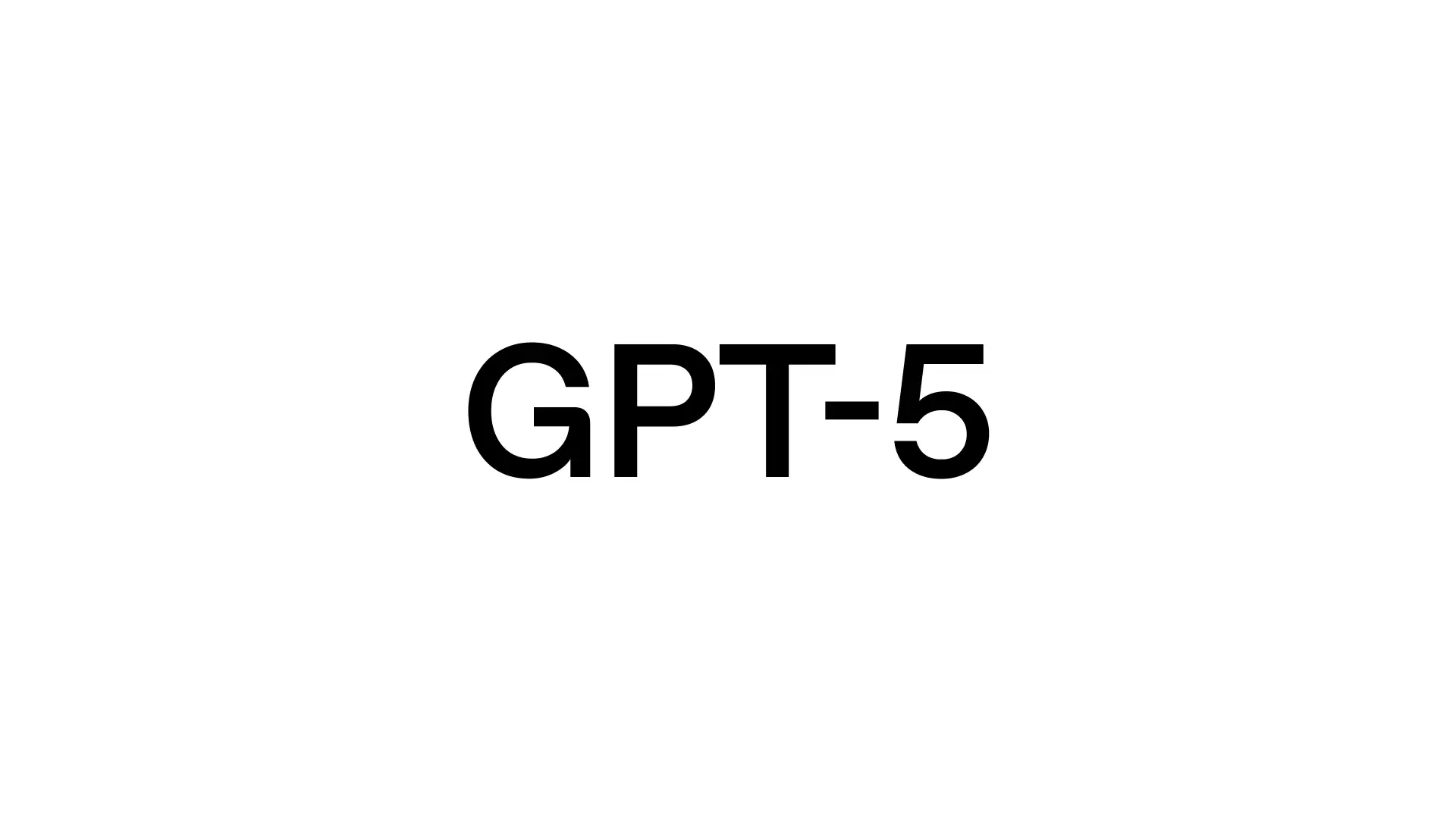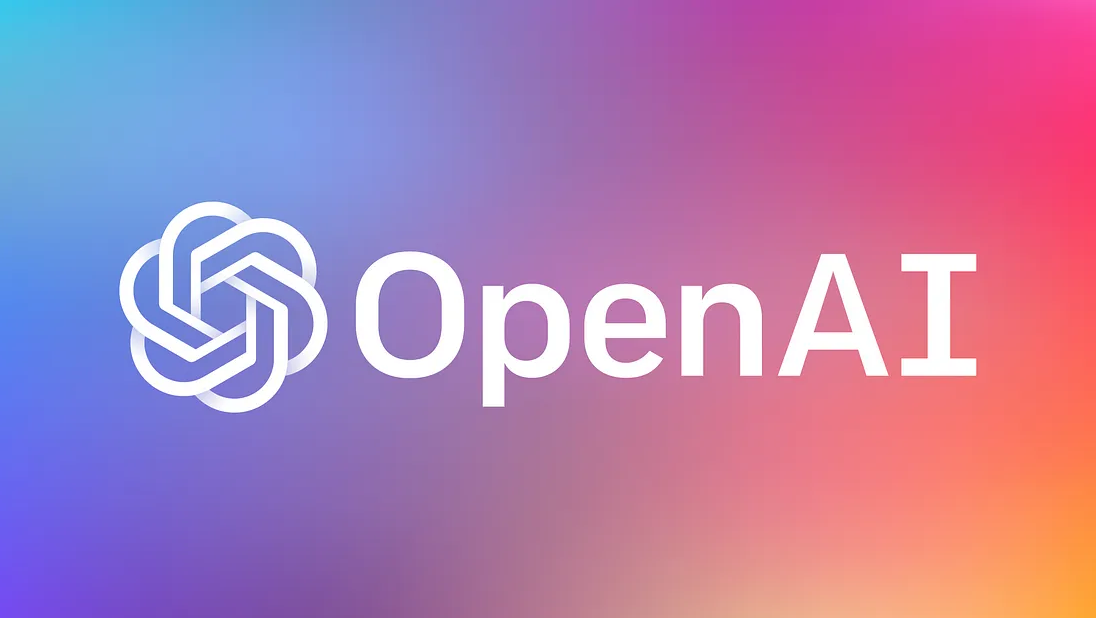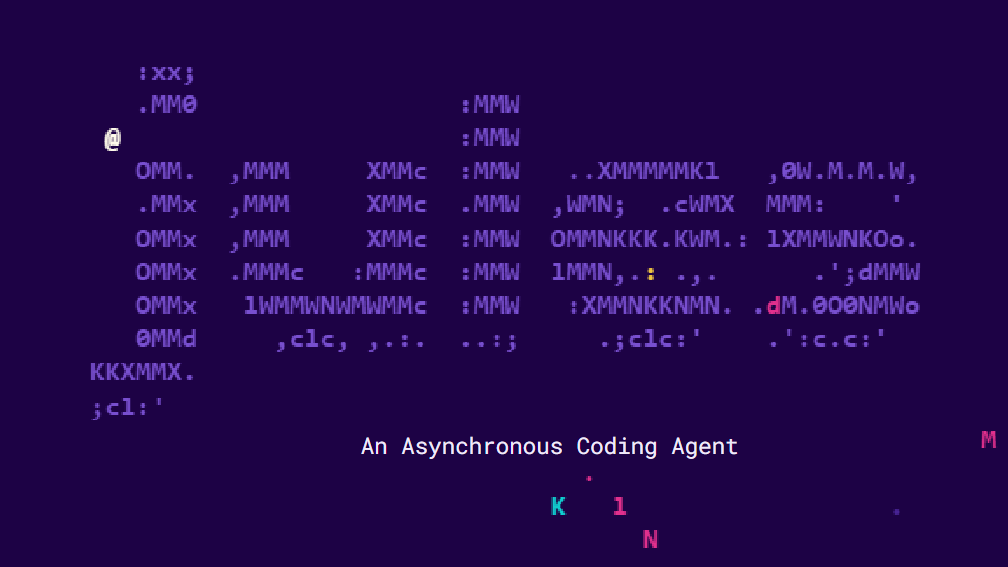OpenAI’s new GPT‑5 model has been unveiled, and the company offers it free to all users. Three model versions, gpt‑5, gpt‑5‑mini and gpt‑5‑nano, offer developers a balance of performance, cost and latency.
CEO Sam Altman applauded India’s rapid AI adoption and hinted that India, currently OpenAI’s second‑largest market, may soon become the largest. A visit to India is planned for September.
The new GPT‑5 achieves a level of expertise akin to a PhD‑level professional and is described as a meaningful step towards AGI. OpenAI intends to make the model notably accessible through its free tier.
Head of ChatGPT Nick Turley noted that GPT‑5 significantly enhances understanding across more than twelve Indian languages, reinforcing India as a key market for localisation.
Would you like to learn more about AI, tech and digital diplomacy? If so, ask our Diplo chatbot!










